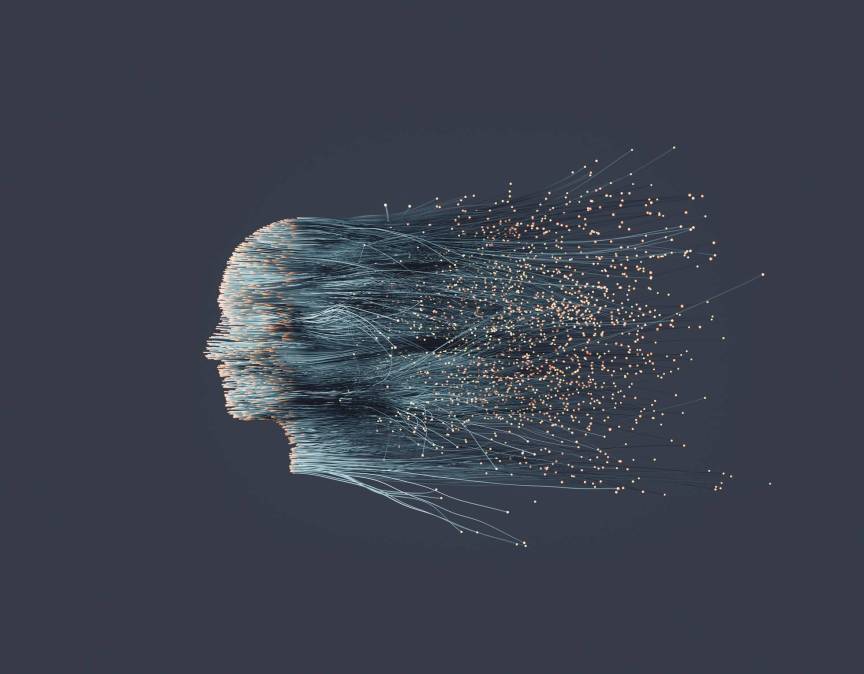As artificial intelligence advances, powering everything from virtual assistants to autonomous vehicles, universities and colleges are researching its potential effects on the humans it’s intended to serve.
Along with establishing research centers and proposing new programs to explore concerns around incorporating AI into everyday life, higher education is also looking at how best to adopt AI for everyday operations. Researchers at the higher education IT organization Educause recently listed AI as one of the six technologies most crucial to the future of higher education. However, researchers also found AI has the highest perceived potential risks among those technologies.
